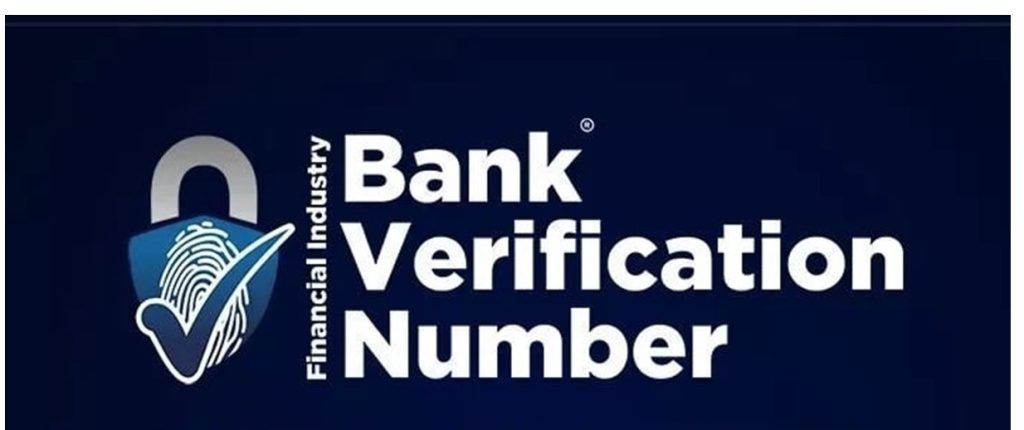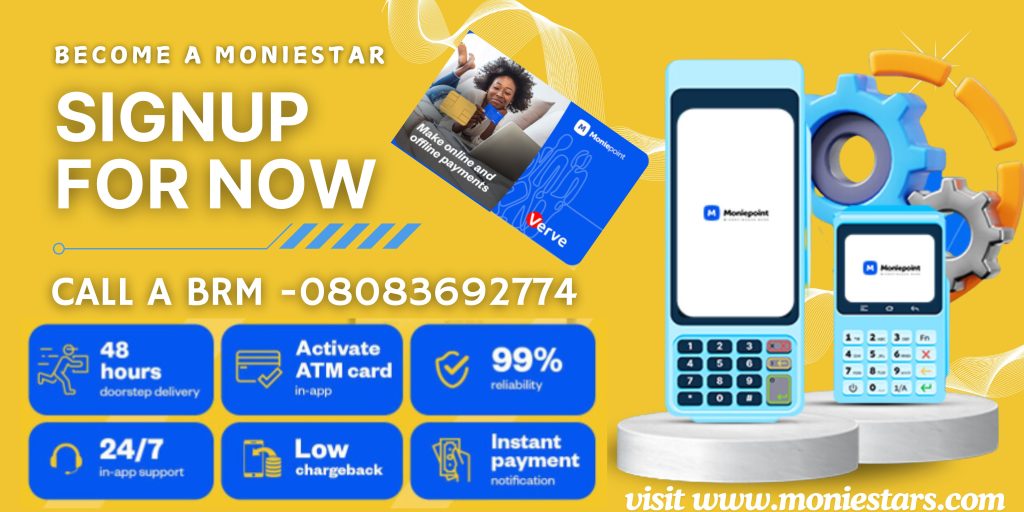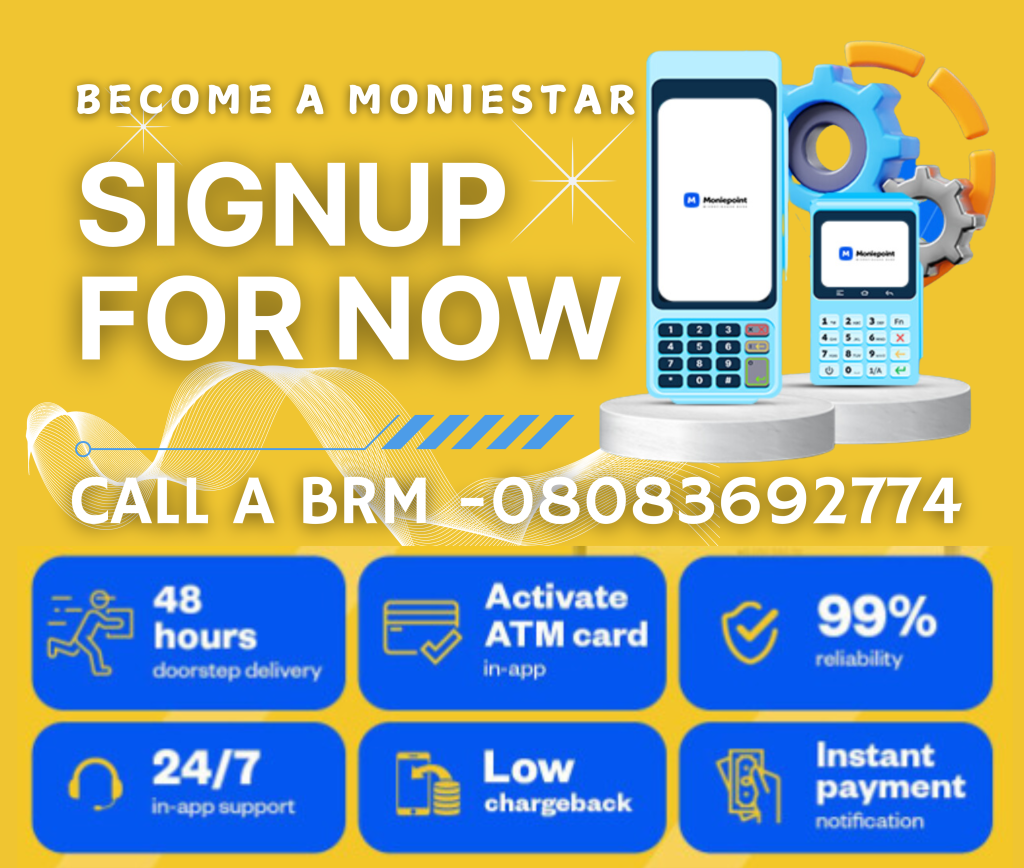How to Check your Bank Verification Number

Picture this: you’re trying to fill out a form to open a bank account, upgrade an existing one, or even apply for a loan. Then it hits you—you need your BVN (Bank Verification Number), but you can’t remember all 11 digits! Frustrating, right? Don’t worry, I’ve got you covered.
In this guide, I’ll walk you through what a BVN is, why you might need it, and, most importantly, how to quickly check yours when you forget it.
What is a BVN?
A BVN is an 11-digit number issued by the Central Bank of Nigeria (CBN) in collaboration with the Nigeria Inter-Bank Settlement System (NIBSS). It was introduced on February 14, 2014, to help secure financial transactions and prevent fraud in Nigeria’s banking sector. Your BVN is linked to your biometric information, such as your fingerprints, name, and date of birth, and it’s unique to you across all your bank accounts.
So, it’s like your bank’s way of knowing it’s really you—sort of like your National Identification Number (NIN), but for financial transactions.
How to Check Your BVN

1. USSD Code Method
The easiest way to check your BVN is by dialing *565*0# from the phone number you used when registering for it. This will show your BVN on your phone for a small fee of N20. No internet required, and it’s super quick!
2. NIBSS Website
If you prefer to use the internet, you can also check your BVN on the NIBSS website. Follow these steps:
- Visit the NIBSS website on your phone or computer.
- Enter your full name, date of birth, and the phone number linked to your BVN.
- Hit “Submit” and pay the N20 fee.
Once the payment is successful, your BVN will be displayed on the screen. Don’t forget to write it down or take a screenshot!
3. Contact the BVN Helpdesk
Can’t access the internet or use USSD? You can always call the BVN helpdesk at 0700-2255-226 or email them at bvn@nibss-plc.com.ng. Just provide them with your full name, date of birth, and the phone number linked to your BVN, and they’ll assist you in retrieving it.
4. Visit a NIMC Office
If you’ve registered for your National Identification Number (NIN), you can also retrieve your BVN at any National Identity Management Commission (NIMC) office. Just provide them with your details, and they’ll help you out.

How To check YOUR BVN on Different Networks (MTN, GLO, Airtel, and 9Mobile)
Whether you’re using MTN, GLO, Airtel, or 9Mobile, you can check your BVN using the same USSD code (*565*0#). The process is identical across all networks, and the N20 fee applies. It’s convenient because it works offline, so no internet is needed.
Why You Might Need to Check Your BVN
1. Identity Verification
Financial institutions like Moniepoint Microfinance Bank require your BVN for identity verification when opening new accounts, performing transactions, or upgrading your KYC (Know Your Customer) level.
2. Security and Fraud Prevention
Your BVN is crucial for protecting your bank accounts from fraud. If you suspect any suspicious activity on your account, cross-checking your BVN can help verify your identity.
3. Updating Personal Information
If you change your name, address, or contact details, you’ll need your BVN to update your information with the bank.
4. Linking Multiple Accounts
If you have multiple bank accounts and want to link them, your BVN serves as a common identifier across all financial institutions.
5. Loan Applications
When applying for loans, lenders use your BVN to verify your identity and streamline the application process.
6. Payment and Beneficiary Verification
In some cases, NGOs or government programs might ask for your BVN to process payments or verify beneficiaries. It’s essential for accessing grants and social welfare programs.
7. Account Recovery
If your bank account gets blocked or lost, you’ll need your BVN to recover it.
Final Thoughts
Your BVN unlocks countless financial services in Nigeria, so it’s vital to keep it secure. If you ever forget your BVN, you can easily retrieve it through the methods we discussed. Just remember to never share your BVN on unverified platforms to avoid scams.
Stay safe, and always keep your BVN handy!

You Might also like
-
How to Recharge Your Prepaid Meter
The Big Oxmox advised her not to do so, because there were thousands of bad Commas, wild Question.
-
What is Business Banking?
The Big Oxmox advised her not to do so, because there were thousands of bad Commas, wild Question.
-
5 Black Friday Strategies
Creative Black Friday Ideas for Small Businesses in 2024

Black Friday has become a global shopping phenomenon, with consumers spending a staggering $211.7 billion during the season in 2022. For small businesses, this is more than just a sales event—it’s a chance to capture the attention of new customers and build loyalty.
But success on Black Friday isn’t automatic. It takes more than discounts and promos to make an impact. A fast, reliable payment system and thoughtful marketing strategies are key to standing out in the crowd.
Here are five innovative ways to make Black Friday 2024 a profitable event for your business. But first, let’s touch on the history behind this shopping extravaganza.
Where Did Black Friday and Cyber Monday Begin?
The origins of Black Friday are steeped in various stories. One of the most popular explanations ties the term “black” to financial ledgers: retailers would go from losses (red ink) to profits (black ink) after Thanksgiving.
Another historical perspective traces Black Friday back to the 1950s in Philadelphia, where the day after Thanksgiving caused significant traffic congestion as shoppers flooded the city for the Army-Navy football game.
In the modern retail landscape, Black Friday refers to the Friday following Thanksgiving (November 29 in 2024), kicking off a weekend of deals that culminate in Cyber Monday, a day dedicated to online shopping.
5 Black Friday Strategies to Try This Year
1. Spark Engagement with a Contest
Contests are a fantastic way to connect with your audience while promoting your brand. You could create a simple social media challenge—ask customers to share creative ways they would use a product from your store.
Encourage participants to tag friends and engage with your page. Offer a free product or service as a prize. Not only does this build excitement, but it also drives traffic and boosts your online presence.
2. Introduce Limited-Time Deals
Time-limited offers play on the natural fear of missing out (FOMO), making them highly effective. Here’s how you can use time-based promotions to your advantage:
- Exclusive early bird discounts: Reward early shoppers with special deals to create buzz.
- Hourly sales: Keep customers coming back by introducing new discounts at different hours.
- Daily countdowns: Build momentum by offering unique deals in the days leading up to Black Friday.
- Last-minute steals: Tempt late shoppers with final offers as the clock winds down.
Use social media, email, and website banners to promote these deals with a sense of urgency.
3. Maximize Impact with Email Marketing
Email marketing is a powerful tool for Black Friday promotions. Send targeted campaigns to your subscribers featuring your best deals, gift ideas, and exclusive discounts.
Keep your emails visually appealing and include clear calls-to-action, directing recipients to shop with just a click.
4. Give Shoppers a Little Extra
Adding a freebie to each purchase is a simple yet effective way to encourage buying. Options like surprise gifts, sample products, or small complimentary items can create memorable shopping experiences.
You could also let customers choose their gift from a curated selection to make the incentive feel more personal.
5. Make Checkout Hassle-Free
A surge in Black Friday transactions can put strain on payment systems, leading to delays and frustrated customers. Offering fast, secure payment options is critical to ensuring a seamless shopping experience.
Consider tools like point-of-sale (POS) systems and reliable online payment solutions. By streamlining the checkout process, you’ll stand out from competitors who might struggle with transaction bottlenecks.
Wrapping Up
For small businesses, Black Friday is a chance to get creative and connect with customers in meaningful ways. Whether it’s through interactive contests, limited-time offers, or thoughtful customer incentives, the key is to experiment and find what resonates most with your audience.
And don’t forget—having a reliable payment solution in place can make all the difference during this busy shopping season.
Start preparing now to make Black Friday 2024 a standout event for your business!
Post Views: 153



